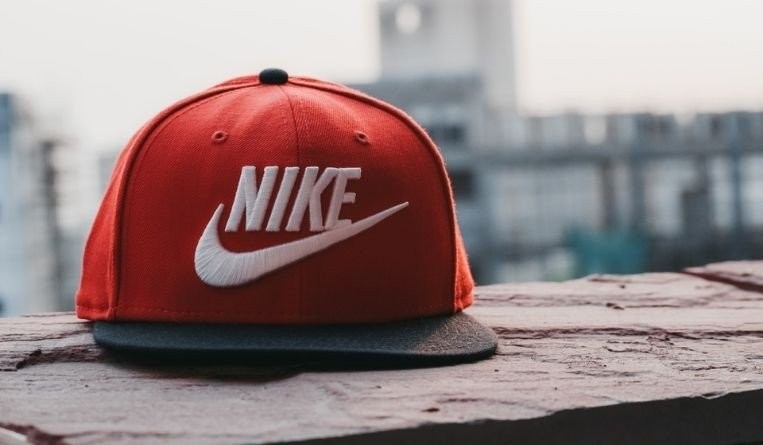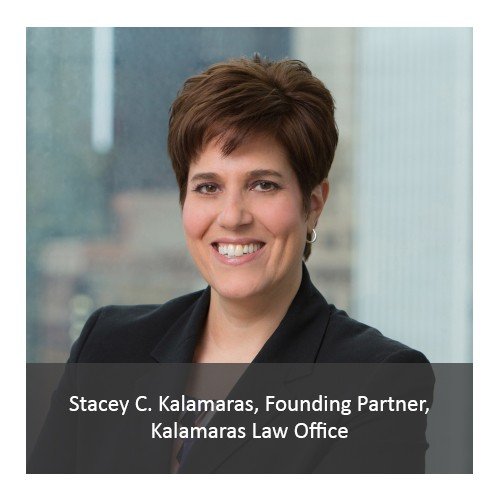Nike in a battle with Satan Shoes
12 April 2021

A Brooklyn company known as MSCHF (pronounced “mischief”) allegedly purchased authentic Nike Air Max '97 shoes but then materially altered them into what has become known as the "Satan Shoes" and offered 666 pairs for sale online for USD $1018. Among the material alterations that MSCHF made to the shoes include red ink and a drop of blood to the midsole, red embroidered satanical-themed detailing, a bronze pentagram to the laces, and a new sock liner.
While Nike alleges that any changes to the midsole of its shoes could pose a significant safety threat to consumers, all of the Nike branding, including the Nike Swoosh logo both on the top of the shoe tongue and along the side of the shoes was left intact and the shoes were advertised as Nike products.
In a recent development, Nike and MSCHF settled the case late last week announcing MSCHF would issue a “voluntary recall” to remove the Satan Shoes from circulation.

“The reason this is significant is that the consuming public believed that Nike was a part of the partnership - that in some way it was endorsing, sponsoring or affiliated with the shoes,” says Stacey C. Kalamaras, Founding Partner, Kalamaras Law Office, LLC of Chicago, Illinois, U.S.A.”And when the public is outraged, like it was in this case, it is the brand owner that receives the complaints, as Nike did in this case, with numerous calls from consumers to boycott, cancel or ban Nike from their homes.”
She adds, “The "Satan Shoes" are advertised as Nike Air Max '97 shoes and have the Nike branding all over them. Also, consumers had no way to know any other company was behind this product launch. They presumed Nike was in collaboration with Lil Nas X. They did not know that MSCHF was behind the launch as the MSCHF name was nowhere to be found, and even if it was, the Nike branding was all over the product. Nike alleged trademark infringement and dilution by tarnishment. Dilution by tarnishment occurs when a famous trademark is harmed by an offensive or unflattering use. Since the Nike Swoosh logo has already been found to be "famous" by the Ninth Circuit, it is not a difficult allegation for Nike to meet this standard in this case.”
One of the issues being brought up, in this case, was the First Sale Doctrine, which, according to Kalamaras means that there is no trademark infringement if an individual resells a trademarked item after it purchases it through authorized means from the trademark owner, even if the individual does not have permission from the trademark owner for the subsequent sale.
“However, like most legal doctrines, there are exceptions to the first sale doctrine,” she says. “There can still be trademark infringement if: the products sold are materially different from those of the authorized brand owner; there are differences in quality control standards, and there is actual confusion among consumers. In this case, MSCHF met all three of these exceptions as they made materials differences to the shoes, they violated Nike's quality control standards and there were significant levels of actual consumer confusion. For these reasons, in my opinion, I do not believe the first sale doctrine is or will be a valid defense in this case.”
Excel V. Dyquiangco






